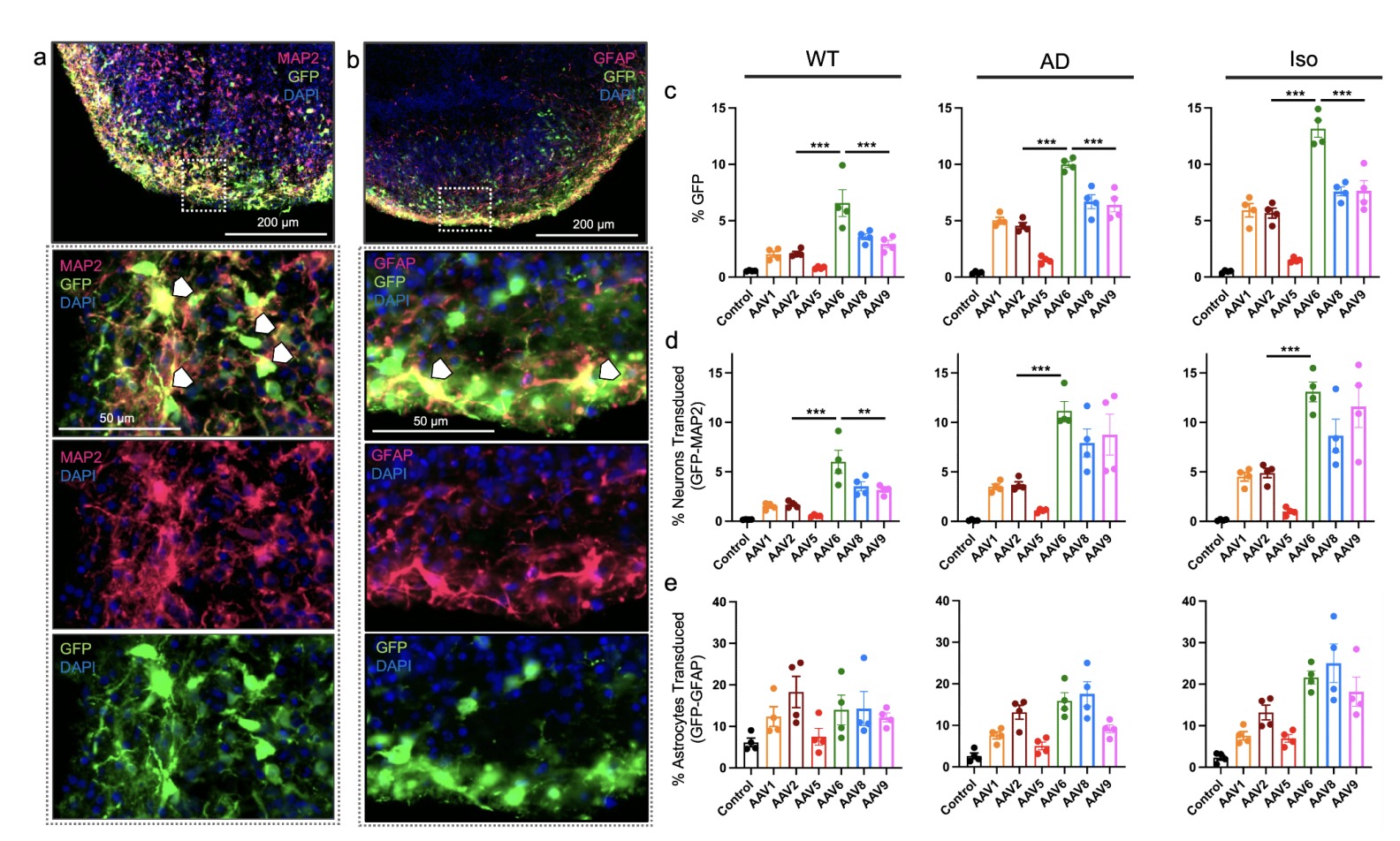

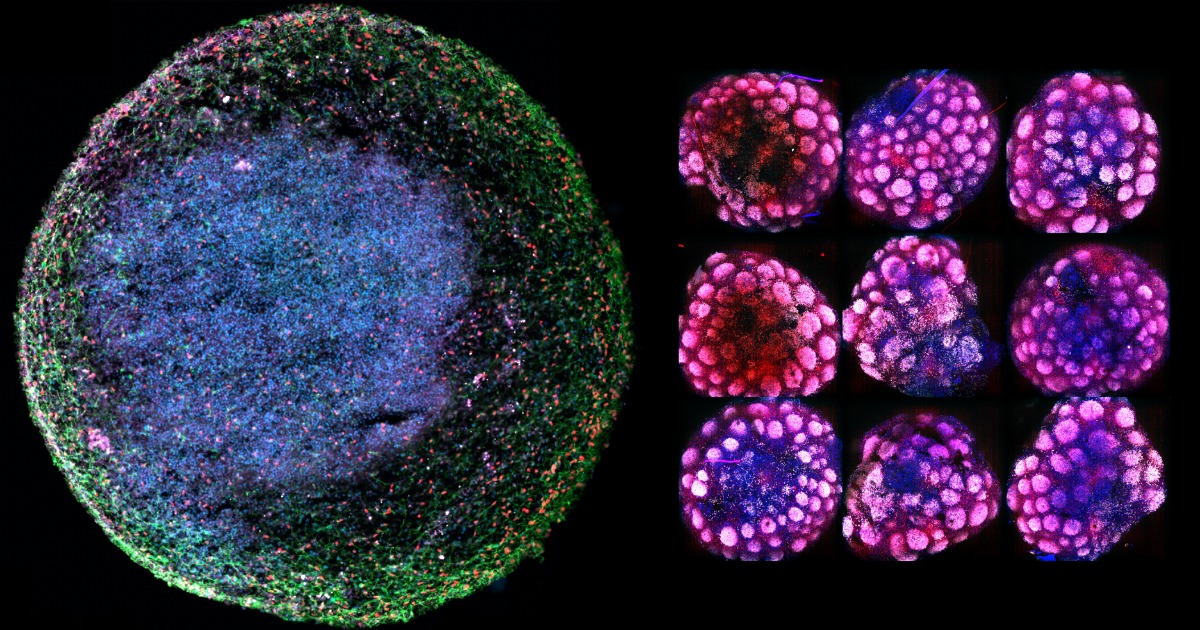
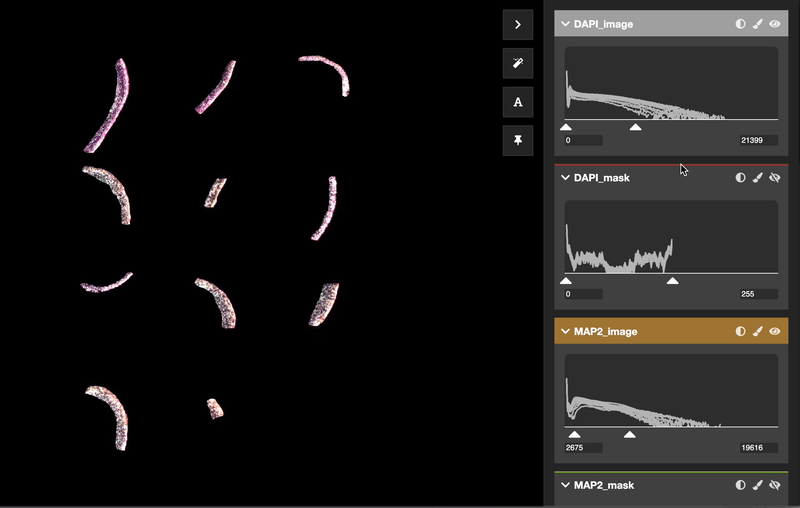
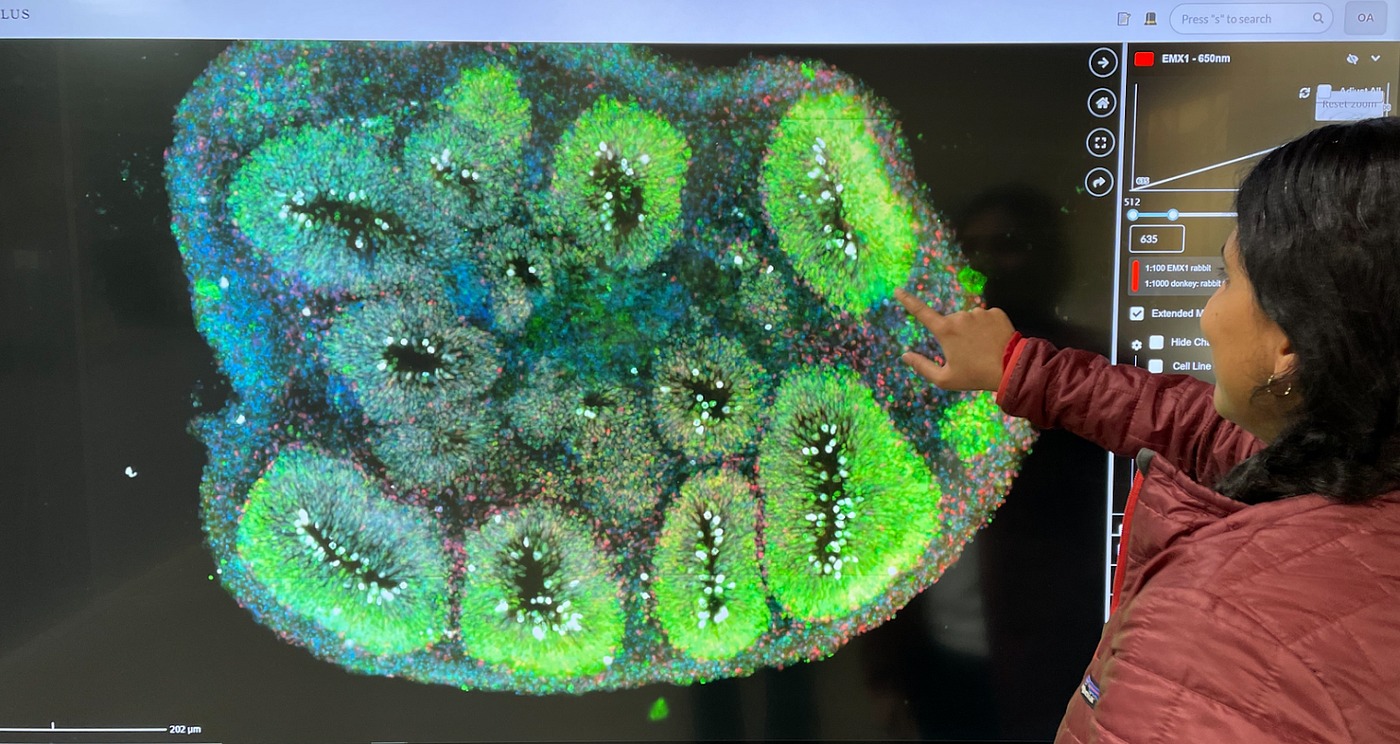
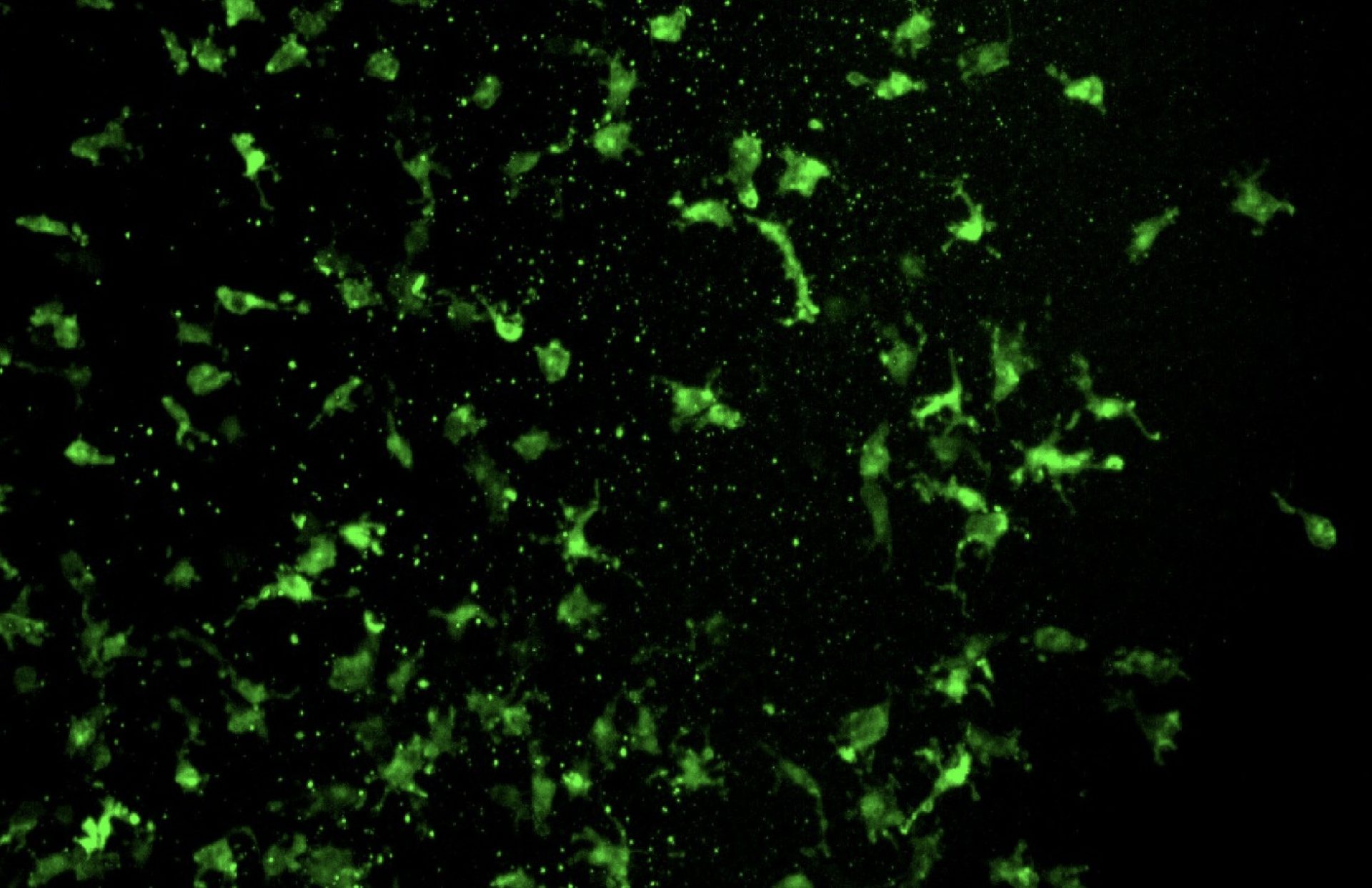
Herophilus developed the first complex in vitro model of C4A induced schizophrenia. Read about it in our bioRxiv preprint.
Read More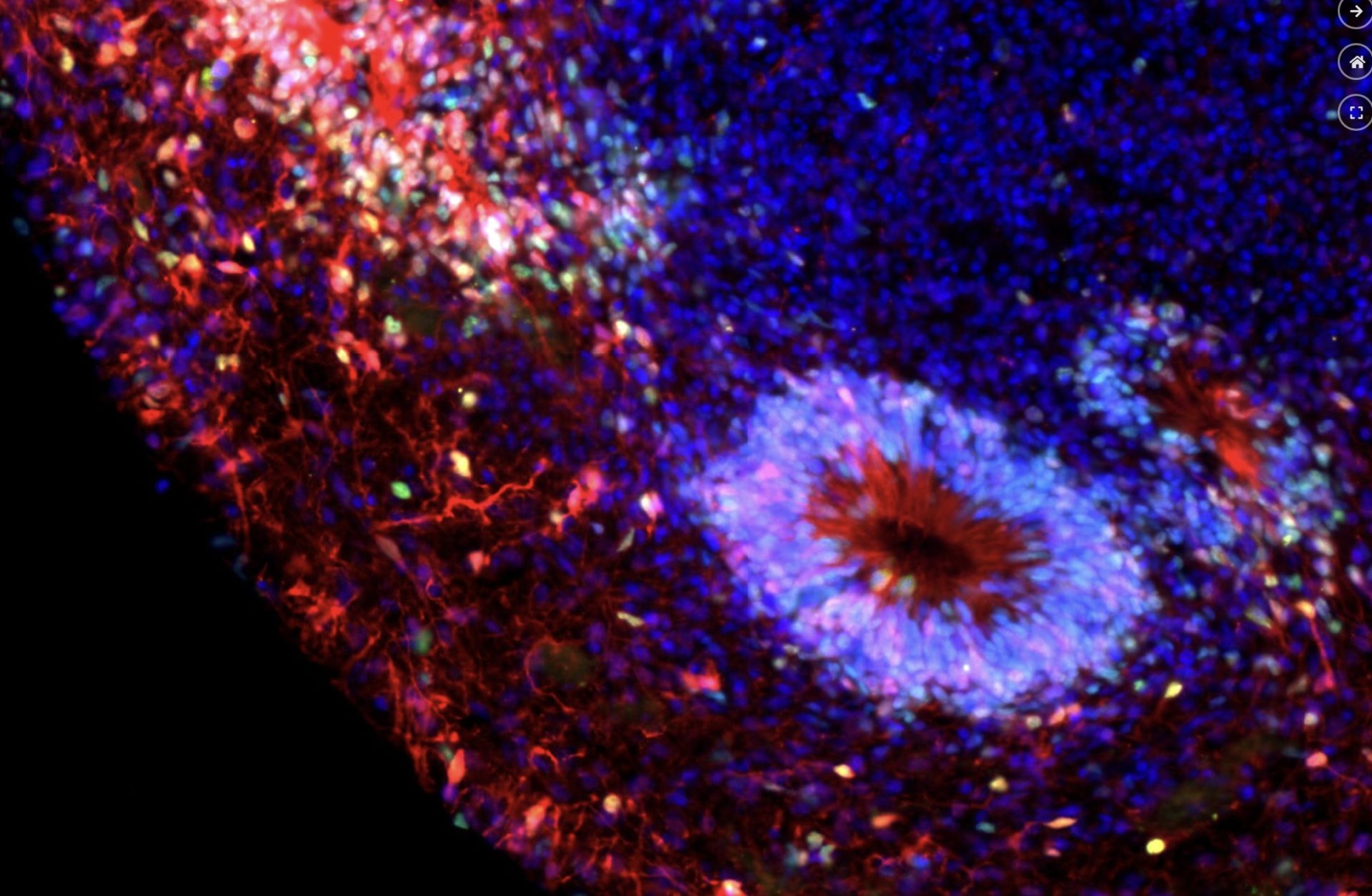
Every data/AI-driven drug discovery company must eventually do real-world biology experiments. A new class of human in vitro experimental models is ripe to serve this need.
Read More
Herophilus leaders explain the importance of data science in their research, exploring a score that identifies hierarchical confounder effects in raw data and machine learning-derived data embeddings.
Read More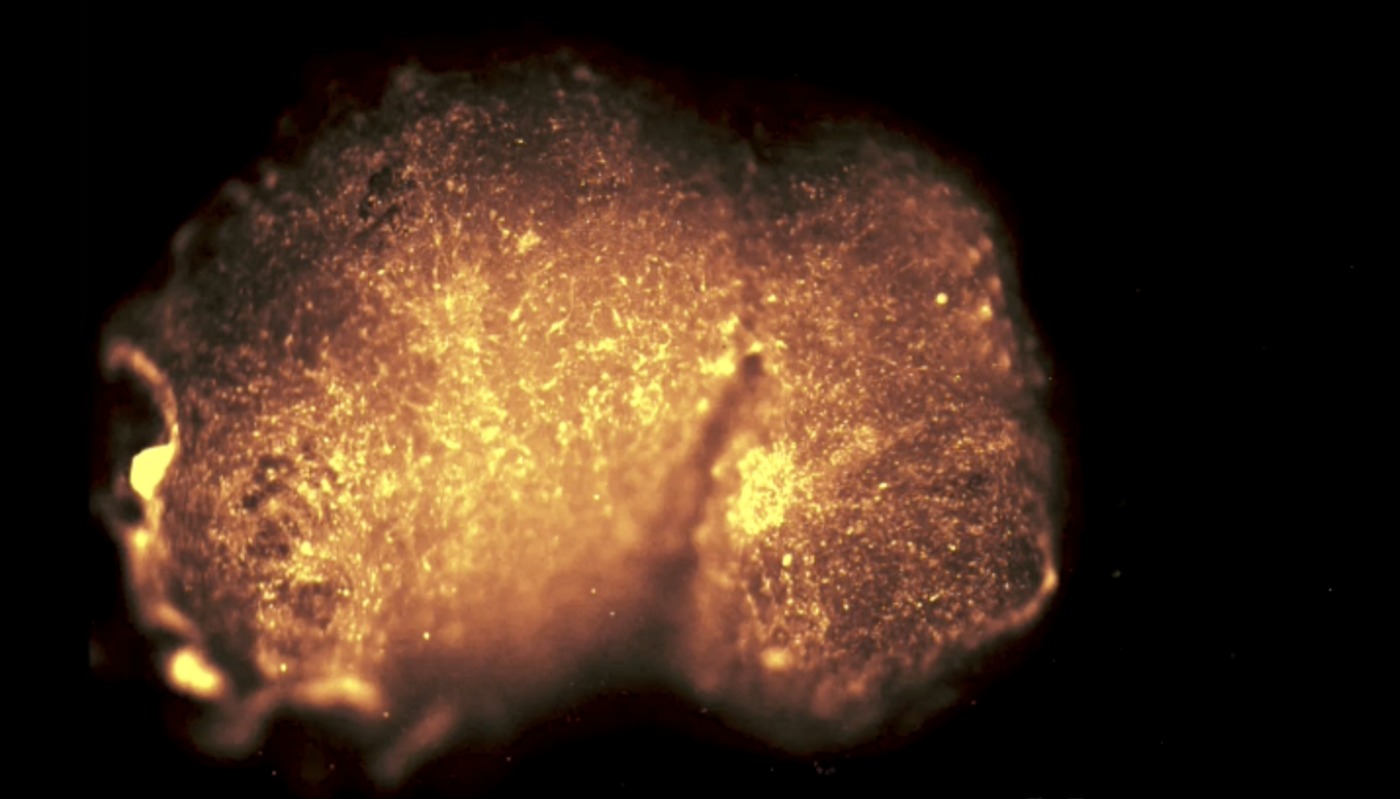
Lone single-target approaches, are doomed to fail in the quest to cure polygenic neurological diseases such as Alzheimer’s, schizophrenia, Parkinson’s, and autisms — ironically, common neurological diseases of high prevalence. A new approach is needed.
Read More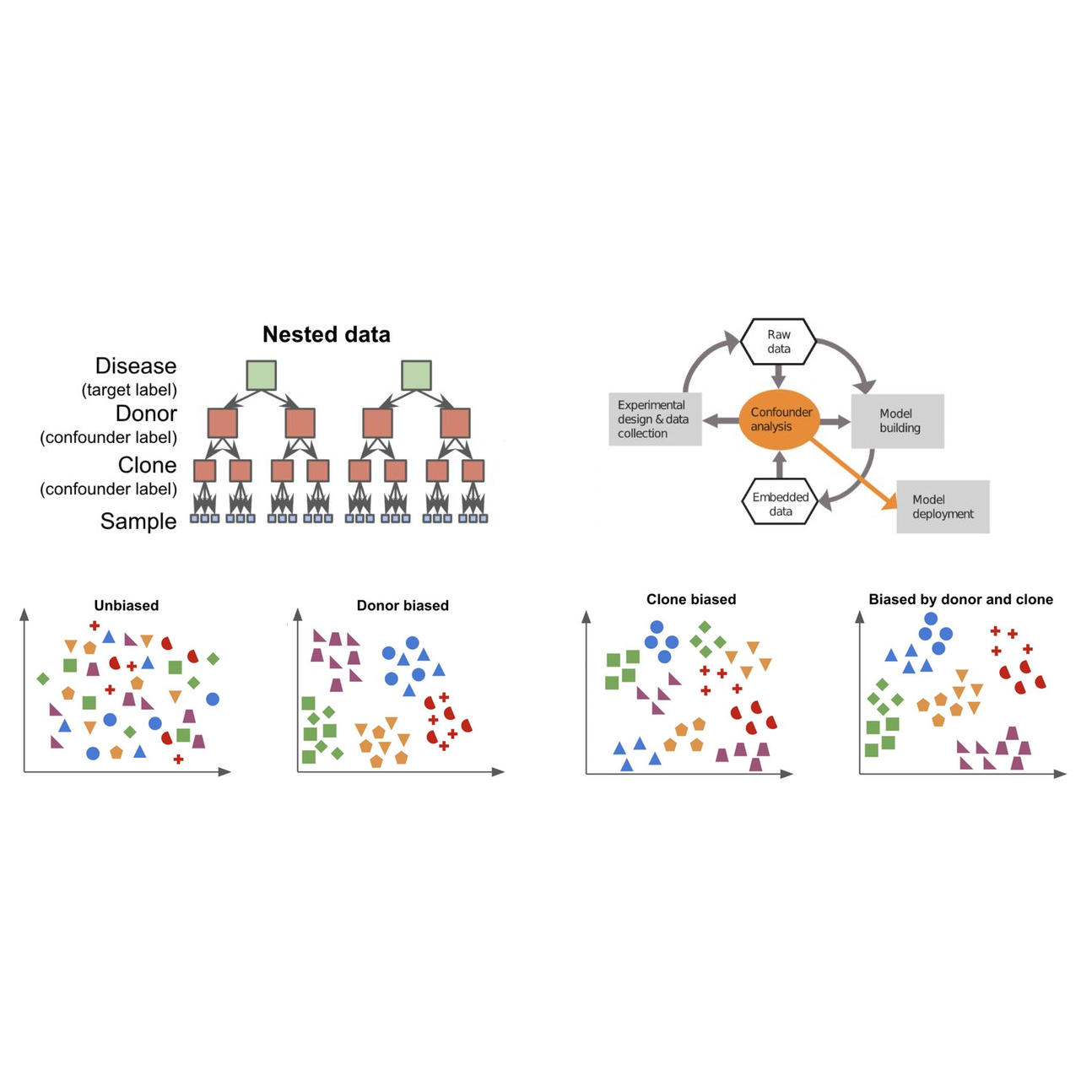
Explore how Herophilus approaches hierarchical confounder discovery in the experiment–machine learning cycle in recent paper in Cell Patterns.
Read More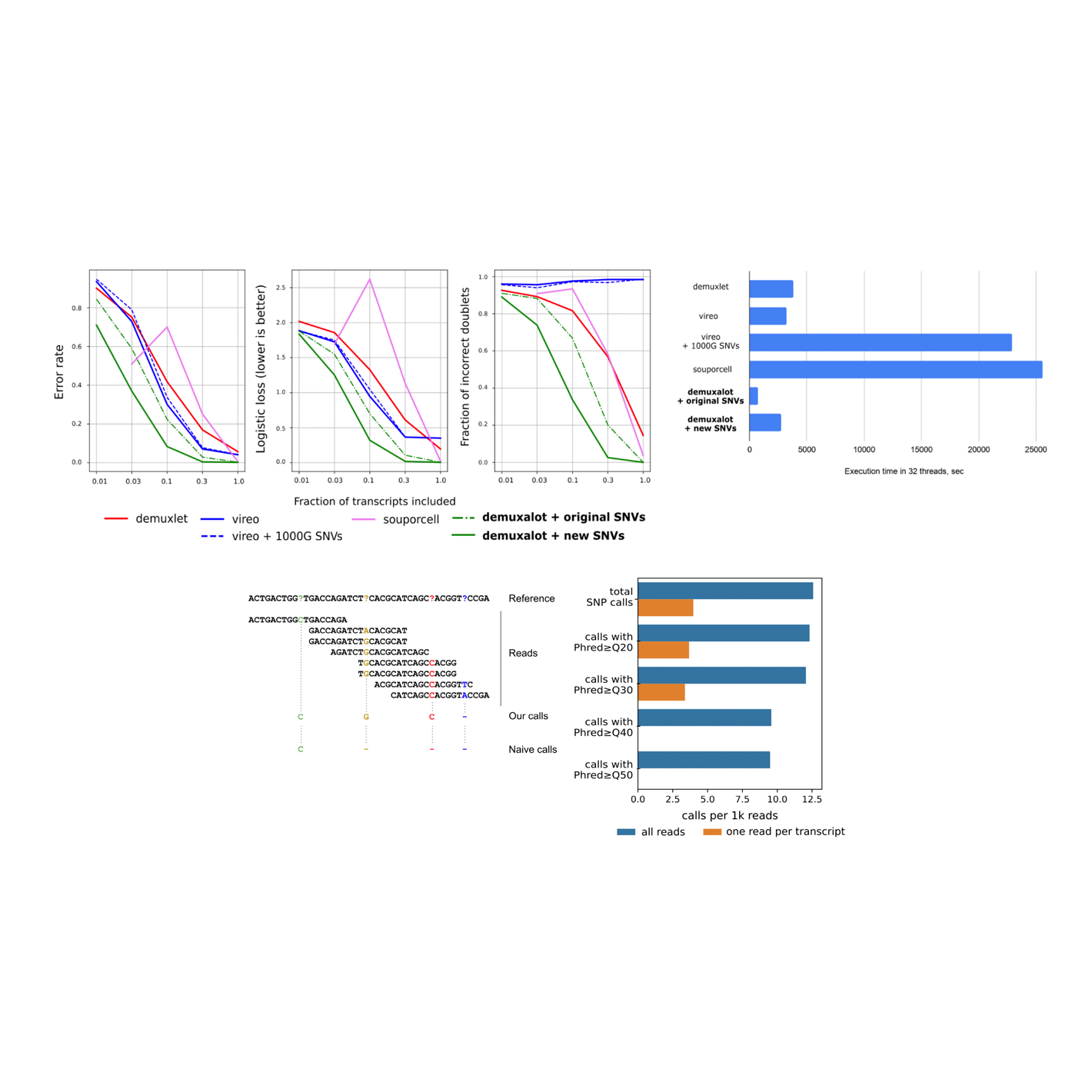
Herophilus is working on new methods in transcriptomic analysis. Read about our bioRxiv preprint and open source code release of Demuxalot.
Read More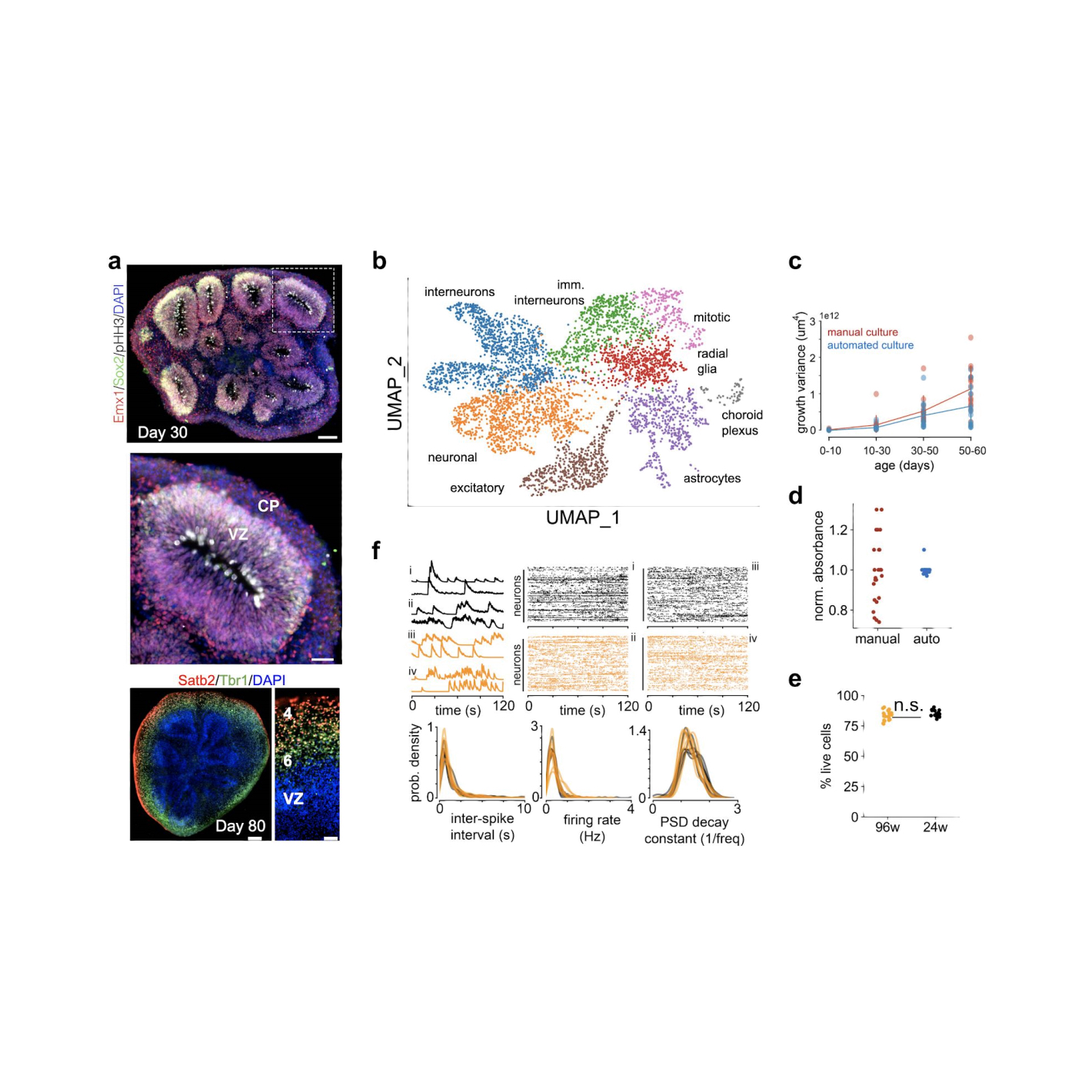
Learn how Herophilus optimizes the scaling of patient-derived brain organoids to uncover deep phenotypes of disease in our bioRxiv preprint.
Read More